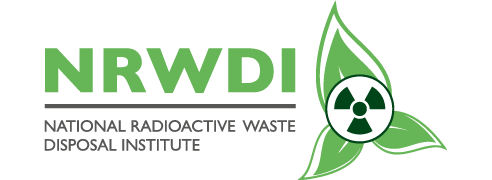Radioactive Waste Disposal
Compliance

Radioactive waste is dealt with according to the following principles:
Local and international peer reviews shall be conducted of waste management practises to ensure appropriate benchmarking and compliance with applicable legislation and international best practise.
The management of radioactive waste is a national responsibility assigned to the Minister of Minerals and Energy as per the Nuclear Energy Act of 1999 and delegated by virtue of section 55(2) of the Act.
The management of radioactive waste comply with, amongst other, the following national legislation, international agreements, standards, safety principles and other codes of practise:
- national radioactive waste disposal institute act (act 53 of 2008);
- radioactive waste management policy and strategy for the republic of south africa (2005).
- nuclear energy act, 1999 (act no. 46 of 1999);
- national nuclear regulator act, 1999 (act no. 47 of 1999);
In the management and disposal of radioactive waste, the regulator, waste generator and repository operator have clear responsibilities defined in the radioactive waste management policy and strategy for the republic of south africa. vaalputs is authorised by the national nuclear regulator to be used as a national disposal site for low-level waste (llw) within the nuclear regulatory framework of, amongst other, the national nuclear regulator act (act no. 47 of 1999) and the nuclear energy act (act no. 46 of 1999). to this regard, vaalputs is operated under the regulatory control of the national nuclear regulator and the safety of vaalputs complies with the nuclear installation license.
The waste disposal operations at vaalputs are subject to continual radiological monitoring of the workers, the environment and the public at large. in the operational life time of vaalputs, results of monitoring and measurement have not shown any transgression of regulatory limits or overexposure of personnel, the environment or the public at large.
